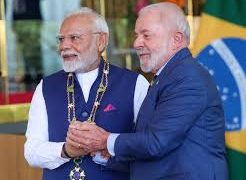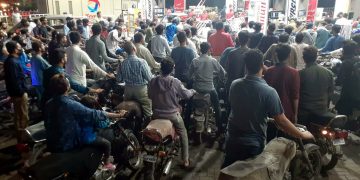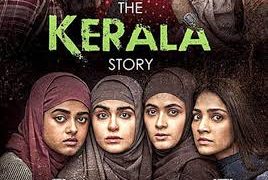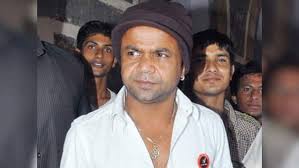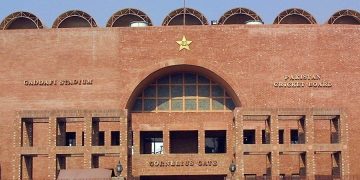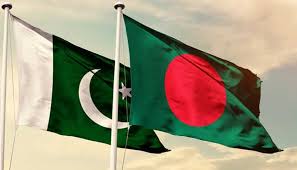Eid ul Adha is an event celebrated by Muslims all over the world. It honours the willingness of Hazrat Ibrahim (AS) to sacrifice his son Hazrat Ismail (AS) as an act of obedience to God’s command but before Hazrat Ibrahim (AS) could sacrifice his son, Allah provided a lamb to be sacrificed instead and in remembrance of this occasion Muslims all over the world sacrifice goats, cows and camels. In the Islamic lunar calendar, Eid al-Adha falls on the 10th day of Dhu al-Hijjah and lasts for four days. In the international (Gregorian) calendar, the dates vary from year to year, shifting approximately 11 days earlier each year.
In Pakistan alone, nearly ten million animals are sacrificed costing over US$ 2 billion. As per tradition people buy the animals mostly three to four days before Eid and spend time and take care of their animal as it is also a Sunnat e Ibrahimi, People go to the cow, goat or camel mandi to buy their desired animal. Pakistan’s ‘Sohrab Goth Mandi’ in Karachi is in fact the largest mandi (cattle market) in Asia.

People living in Muslim countries celebrate this Eid with great enthusiasm and joy but people living in non-Muslim countries aren’t able to enjoy Eid because they are not allowed to slaughter animals in public so normally a group of people like 4 or 5 people buy a goat and sacrifice it in their homes.
The act of Qurbani (sacrifice) is carried out following the Eid Salaah (Eid Prayers), which are performed in congregation at the nearest Mosque on the morning of Eid.
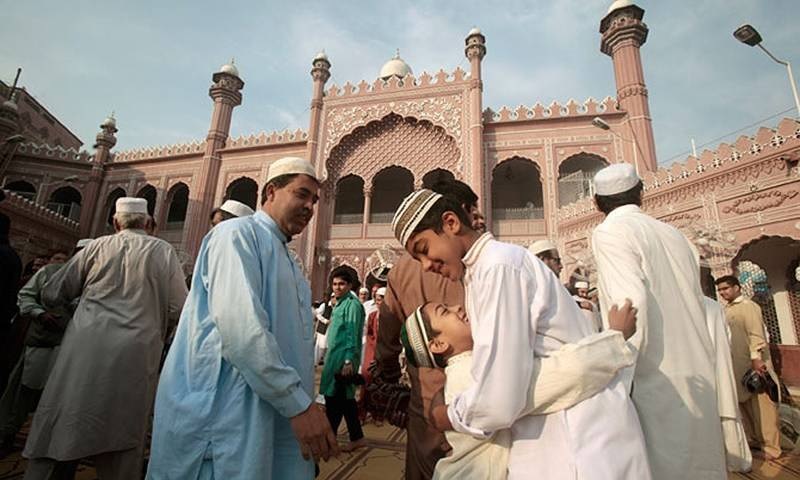
The act of Qurbani consists of slaughtering an animal as a sacrifice to mark this occasion in remembrance of Prophet Ibrahim’s (AS) sacrifice for Allah SWT. This is also known as Udhiya.
Last but not least Eid ul Adha is a great and memorable occasion for kids and teenagers because they get to spend time with their animals.
The sacrificial animal must be a sheep, lamb, goat, cow, bull or camel; the sheep, lamb or goat consist of one Qurbani share, whereas a bull, cow or camel consist of seven shares per animal. The animal must be in good health and over a certain age to be slaughtered, in a “halal” way as prescribed by Sharia.
The Qurbani meat is then divided into three equal portions per share; one-third is for you and your family, one-third is for friends, and the final third is to be donated to those in need.








